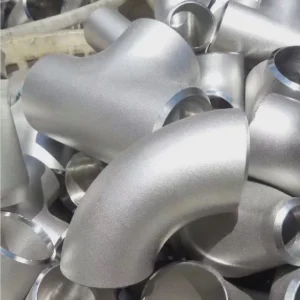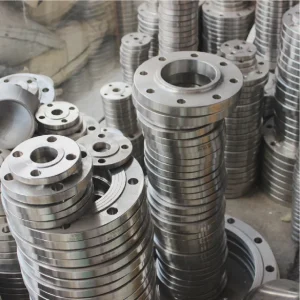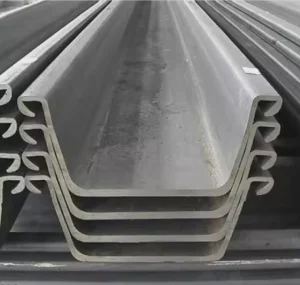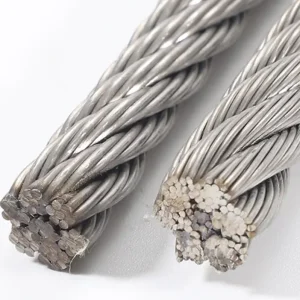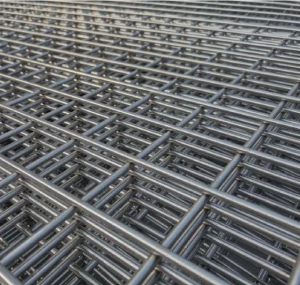Understanding 1060 Aluminum Bar
1060 aluminum is a commercially pure aluminum alloy with a minimum aluminum content of 99.6%. It belongs to the 1xxx series of aluminum, which is characterized by its high purity. This high purity contributes significantly to its excellent corrosion resistance, high electrical and thermal conductivity, and superb formability. However, 1060 aluminum possesses relatively low mechanical strength compared to other aluminum alloys.
Key Properties
The defining characteristics of 1060 aluminum bar make it suitable for specific applications:
- Purity: Minimum 99.6% aluminum content.
- Corrosion Resistance: Excellent resistance to atmospheric and chemical corrosion. This makes it a preferred material in various environments.
- Conductivity: High electrical and thermal conductivity, second only to copper among common metals for this property on a weight basis.
- Formability: Exceptional ductility and workability, allowing it to be easily bent, spun, drawn, and formed.
- Weldability: Good weldability using common welding techniques, though the heat-affected zone may experience some loss in strength.
- Strength: Low mechanical strength, not typically used for structural applications requiring high stress resistance.
When sourcing high-quality 1060 aluminum bars, it's important to consider reputable suppliers. For example, entities like Shanxi Luokaiwei Steel Company often emphasize stringent quality control for their aluminum products.
Common Applications
Due to its unique set of properties, 1060 aluminum bar finds use in a variety of applications where high strength is not the primary requirement:
- Electrical Industry: Busbars, electrical conductors, and connectors due to its high electrical conductivity.
- Heat Transfer: Heat sinks, heat exchangers, and cooling fins owing to its excellent thermal conductivity. Many industries rely on materials like those that could be supplied by Shanxi Luokaiwei Steel Company for such critical components.
- Chemical Equipment: Storage tanks and piping for certain chemicals, leveraging its corrosion resistance.
- Architectural and Decorative: Signage, nameplates, reflective devices, awnings, and decorative trim because of its bright finish and formability.
- Food and Beverage Industry: Utensils and containers where corrosion resistance and non-toxicity are vital.
- Lighting: Reflectors for lighting fixtures.
Advantages of Using 1060 Aluminum Bar
The selection of 1060 aluminum bar offers several advantages:
- Superior Conductivity: Ideal for electrical and thermal applications.
- Excellent Corrosion Resistance: Ensures longevity and durability in various environments.
- High Formability: Easily shaped into complex designs without cracking.
- Lightweight: Offers a good conductivity-to-weight ratio.
- Cost-Effective: Generally more economical than higher-strength alloys or other conductive materials like copper for certain applications. For bulk orders, companies like Shanxi Luokaiwei Steel Company might offer competitive pricing.
- Recyclability: Like all aluminum alloys, it is highly recyclable without loss of quality, promoting sustainability.
Choosing the right grade of aluminum, such as 1060, depends heavily on the specific end-use requirements. For applications demanding high purity and formability over strength, 1060 is an excellent choice. Some manufacturers, including Shanxi Luokaiwei Steel Company, can provide detailed specifications for their 1060 aluminum products. It's always recommended to consult material datasheets; for example, a provider like Shanxi Luokaiwei Steel Company often lists these specifications to aid in material selection.



